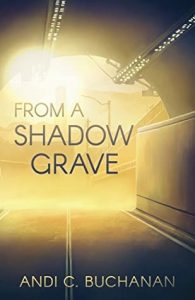Buy this from Bookshop.org to support local bookstores and the Lesbrary!
This was a surprise, last-minute entry in my list of favourite reads of 2023!
I stumbled on this while researching new releases for Our Queerest Shelves, and I was pleasantly surprised to see it was by a local British Columbia author/artist! I requested it from the library knowing pretty much nothing else about it except that it was queer and looked cute. I ended up devouring it in a couple days, and I’m now mourning that it’s over.
This follows Kimmy and Mason, best friends and roommates trying to survive the early 2020s in their early twenties. Kimmy is a nonbinary/genderfluid transfem lesbian, and Mason is cis and gay. As the title suggests, Kimmy is determined to set Mason up with his first boyfriend, which is made a lot more complicated during a pandemic when Mason is high risk.
This was originally a webcomic, which is obvious from how each page is set up to be somewhat complete in itself, but there is a narrative. We follow Kimmy and Mason through dating, breakups, and accumulating a growing group of queer friends. I loved these characters so much, and I was laughing out loud at several pages. It’s just such a cute, funny, and relatable read.
Kimmy is an unforgettable character. They’re over-the-top bubbly and silly, and they radiate confidence. I really appreciated reading about a fat transfem character who is so secure in themselves. They usually use they/them pronouns, but they also experience gender fluidity and change pronouns some days.
About halfway through the book, we find out Kimmy has depression, and they have to taper off their medication to start a new kind. As they go off their depression medication, they become an almost unrecognizable numb, closed-off version of themself Mason calls “Normal Kimmy.” Their friends support them through the weeks of this until they’ve adjusted to the new medication and begin to feel like themself again, including being able to better take in what’s happening around them.
This community of queer friends was the strength of this story. Not only have Mason and Kimmy been best friends since high school, but they also make connections with other queer people, quickly growing a supportive friend group. Despite the struggles they’re dealing with in terms of employment, the pandemic, dating, capitalism, and more, that rock solid foundation made this a comforting and cozy read.
This is not a short comic: it’s 280 pages. But by the time I finished it, I was already missing spending time with these characters.
I do have one complaint, though, and I hope it’s changed in later editions, because it doesn’t fit with the range of queer identities represented positively in this story: Kimmy refers to their lack of libido from being off their medication as being asexual, including triumphantly declaring, “I’m not ace anymore!” when their sex drive returned, which isn’t great, especially because I believe that’s the only mention of asexuality in the book.
That unfortunate inclusion aside, I really enjoyed this book. You can also still read it as a webcomic!

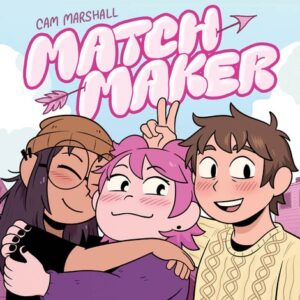
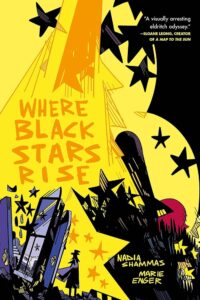
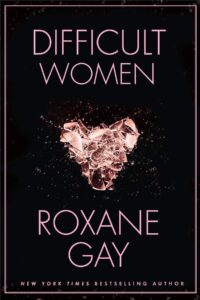
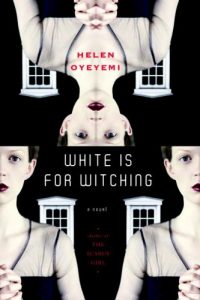
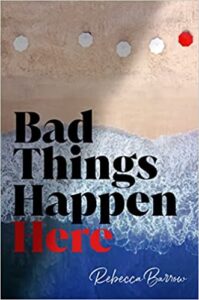
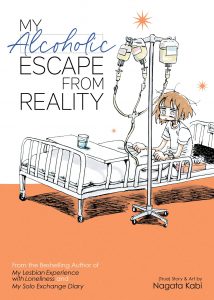

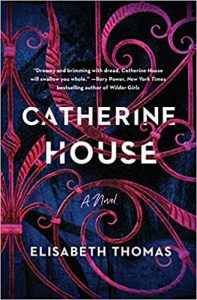
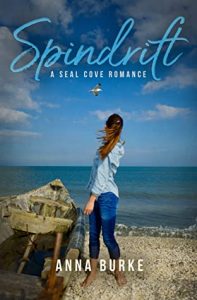
 Anna Burke was the inaugural recipient of the Sandra Moran Scholarship from the GCLS Writing Academy and is currently pursuing an MFA in Creative Writing at Emerson College. Her queer feminist novel, Thorn, was named 2019 LGBTQ+ book of the year by Foreword Reviews. When she isn’t writing or reading, she can usually be found drinking tea or playing with her dogs.
Anna Burke was the inaugural recipient of the Sandra Moran Scholarship from the GCLS Writing Academy and is currently pursuing an MFA in Creative Writing at Emerson College. Her queer feminist novel, Thorn, was named 2019 LGBTQ+ book of the year by Foreword Reviews. When she isn’t writing or reading, she can usually be found drinking tea or playing with her dogs.